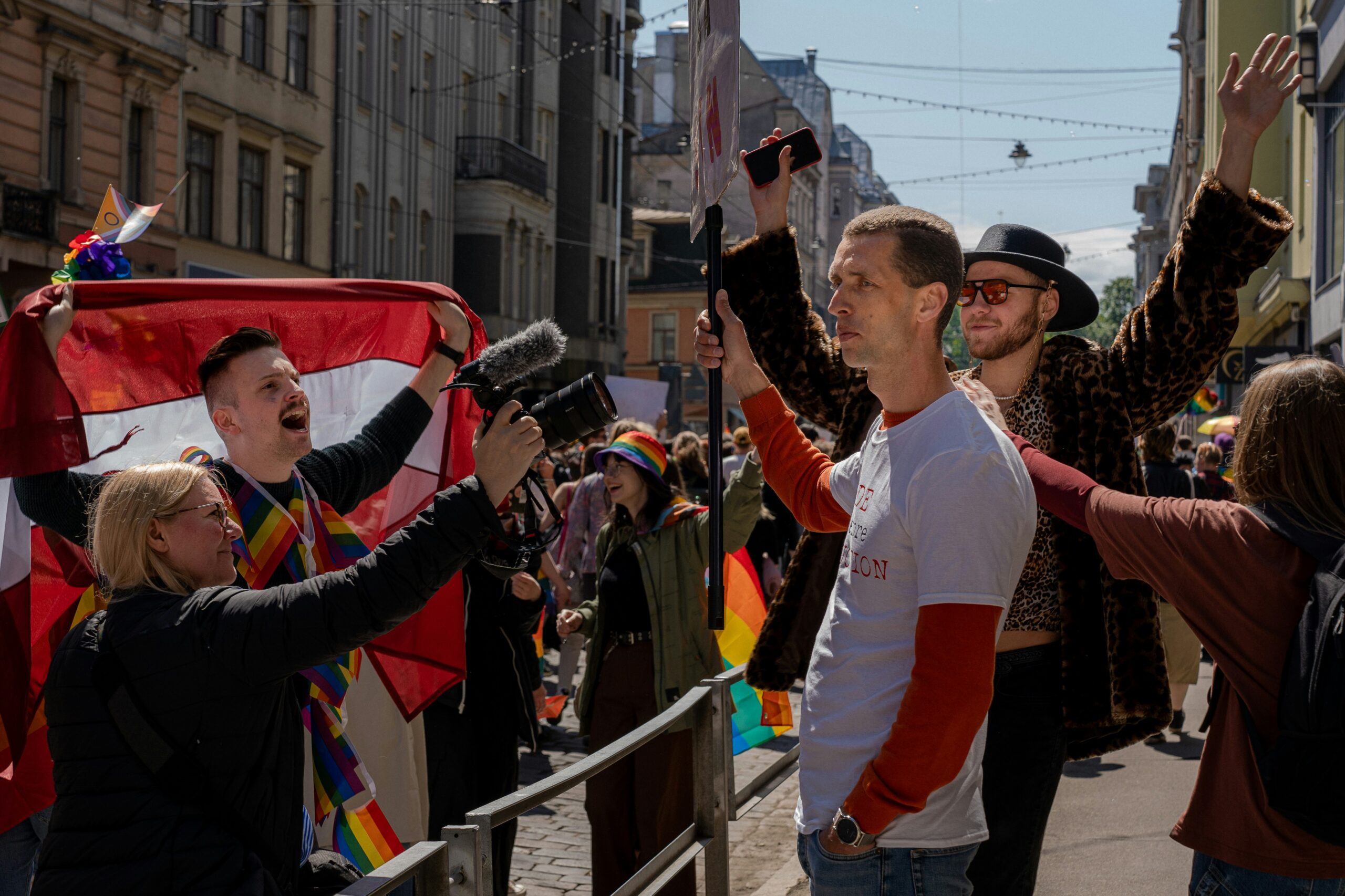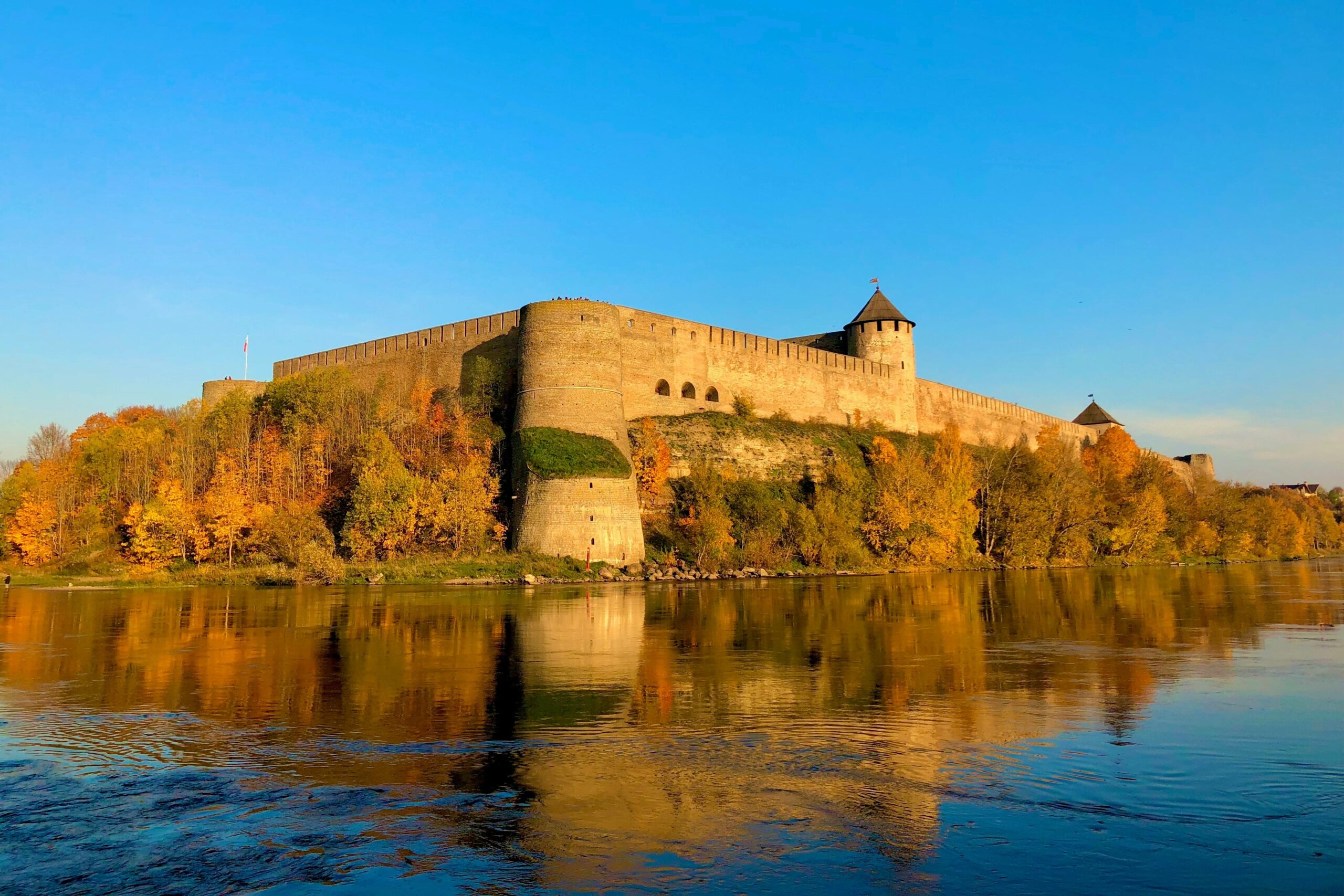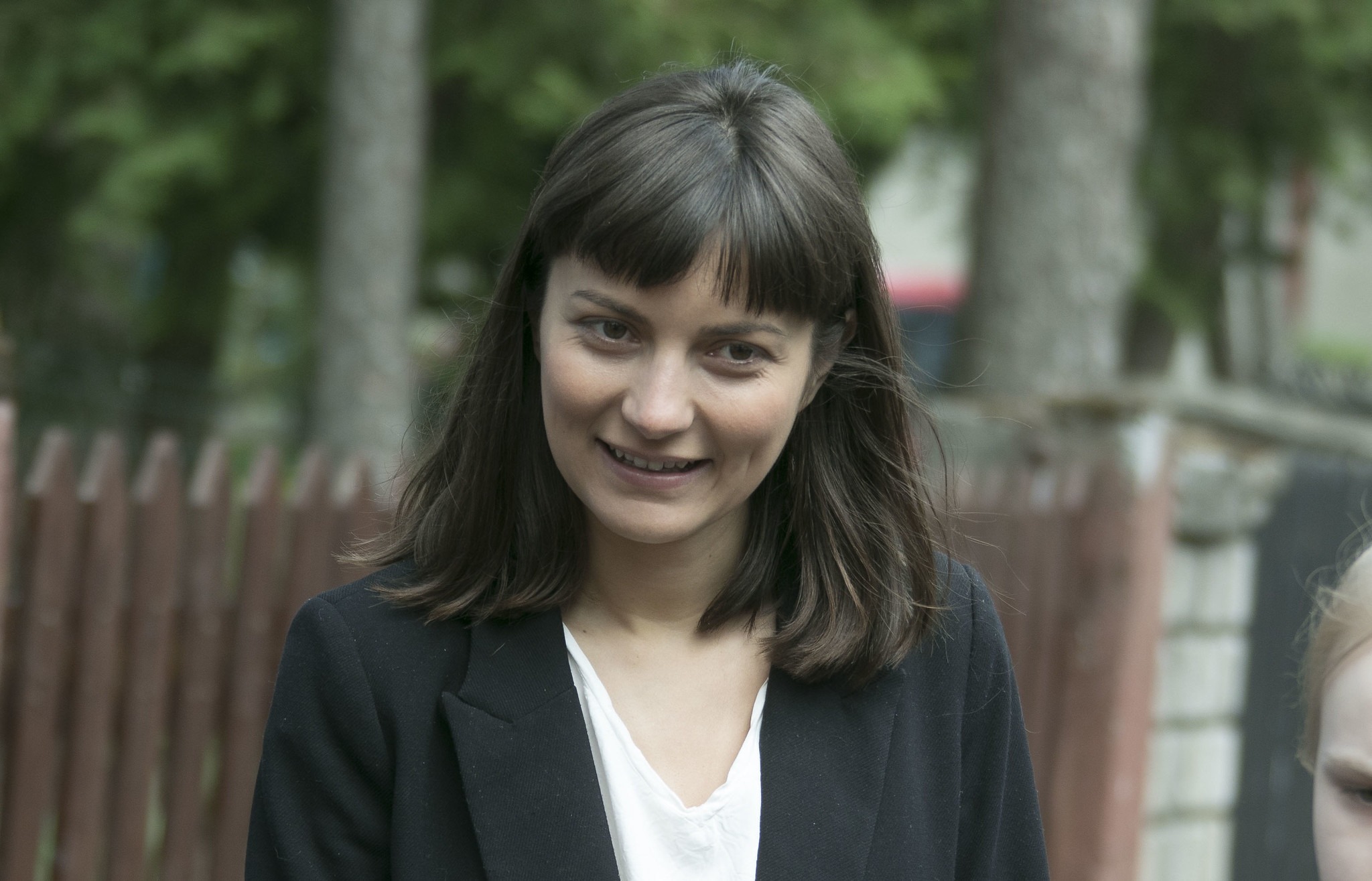
Key insights:
In July, pro-Kremlin disinformation actors in Estonia intensified narratives targeting the country’s economic policy, governance, and relationship with Ukraine. Criticism of government spending, tax increases, and legislation was framed to depict Estonia as unstable, anti-Russian, and undemocratic. The main narrative clusters included:
- Exploitation of economic grievances such as VAT hikes, unemployment, and perceived misuse of public funds to stoke public resentment.
- Repeated accusations of systemic Russophobia, especially in relation to the Orthodox Church and cultural policy.
- Portrayal of Estonia as a “police state” through commentary on surveillance-related legislation and administrative measures.
- Condemnation of support for Ukraine, including framing Estonia’s hosting of a reconstruction conference as irresponsible.
- Misrepresentation of everyday events (e.g., real estate trends, tourism initiatives) as signs of government failure or collapse.
These narratives were consistently promoted to deepen public distrust, amplify ethnic divides, and undermine Estonia’s pro-European stance.
Overview of the Main Findings:
July’s disinformation narratives in Estonia were dominated by economic themes. The government’s decision to raise the VAT from 22% to 24% was strongly criticised in Russian-language Facebook groups and Telegram channels. Pro-Kremlin commentators claimed the move disproportionately hurt low-income Russian-speaking residents and was emblematic of a government out of touch with ordinary citizens. Criticism extended to perceived contradictions in budget allocations – including funding cultural events and military spending – reinforcing the claim that Estonia prioritises symbolic over substantive initiatives.
Discontent was further fuelled by the announcement that Estonia will host the Ukraine reconstruction conference in 2027. Pro-Kremlin voices described the initiative as premature and politically motivated, accusing the government of prioritising Ukraine over domestic issues. These narratives were reinforced by opposition to proposed VAT reforms and a petition demanding tax relief on food items – both of which received strong support online. This public frustration was frequently channelled into calls for protest and demands for governmental change.
Another widely circulated story involved American YouTuber IShowSpeed’s visit to Estonia, partially funded by a government agency. Critics labelled this initiative a waste of taxpayer money during a time of economic hardship, aligning with broader disinformation that accuses Estonia’s leadership of PR-driven governance disconnected from real needs. Around the same time, discrepancies in national economic data led to accusations of government manipulation and statistical cover-ups, further feeding conspiracy narratives about elite dishonesty and corruption.
Religious and cultural narratives also played a major role. The president’s decision to reject new legislation targeting religious organisations and surveillance-related financial regulation was welcomed in Russian-speaking online spaces. Pro-Kremlin narratives revived claims of government persecution of Orthodox believers and promoted the notion of Estonia building a ‘police state’. Comments labelling lawmakers as “Nazis” underscored the emotional intensity of this narrative line.
Later in July, a local realtor’s comment about a few Estonians moving to Russia and Belarus was widely misrepresented as evidence of a mass exodus driven by government incompetence. The statement was stripped of context and spread across Russian-speaking social media platforms. Similarly, criticism of delays at the Narva border checkpoint was used to frame Estonia’s authorities as negligent and hostile to Russian-border communities.
Overall, July’s disinformation ecosystem in Estonia was characterised by a high emotional tone and narrative convergence: economic, ethnic, religious, and geopolitical grievances were combined to produce a persistent image of Estonia as a failing, unjust, and externally manipulated state.
Story of the Month
Pro-Kremlin commentators on social media posted numerous messages aimed at undermining the significance of Estonia’s Song and Dance Festival, which was held in July 2025 as a major national event. While many users praised the festival for its cultural and unifying value, pro-Kremlin voices sought to reframe key elements of Estonian national identity as products of Russian or Soviet influence. They claimed that crucial infrastructure, such as the Song Festival Grounds, was built by the Soviet Union, and argued that the tradition itself originated under the Russian Empire – implying that the festival owes its existence to Russian rule. In addition, some attempted to rewrite history by suggesting that Soviet authorities had supported rather than suppressed Estonian culture, directly contradicting well-established historical facts. These narratives were accompanied by criticism of the government’s decision to spend millions on the festival at a time of economic hardship, rising taxes, and growing unemployment – presenting the event as out of touch with the public’s daily concerns.









